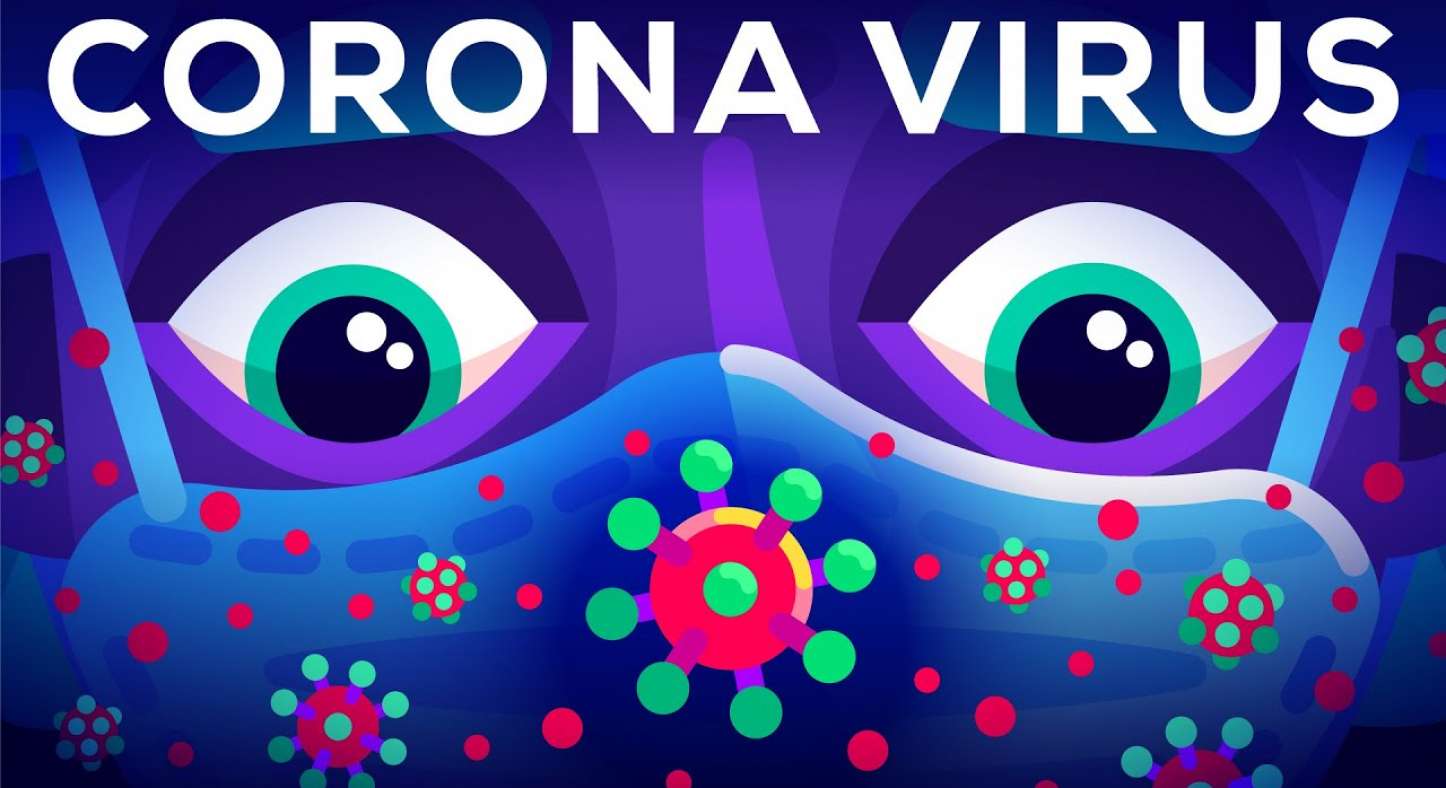Here's how tech companies are responding to COVID-19

The coronavirus has derailed daily life. The pandemic is currently rising to its apex within the United States, and the death toll continues to grow with it. Now, tech companies are contributing like never before to help combat COVID-19.
Medical industries and individuals face several issues at the moment. Fear, lack of resources and funding and the spread of disease all contribute to the overall problem. Tech companies are racing to help out, from Apple to Cisco. In a state of uncertainty, these responses will go a long way.
Medical Funding and Resources
The most significant issue healthcare facilities and hospitals across the nation face is the lack of funding, beds, ventilators and masks. Without these resources, they are unable to properly treat and address all who need help.
Cisco recently committed $225 million to help hospitals, doctors and nurses. This funding, while some will remain in cash for hospitals’ individual needs, will primarily go into immediate investments in technology, resources and healthcare.
Honeywell is taking a more specific approach for the lack of masks that doctors and nurses need to not infect themselves while treating patients. The N95 mask is one that helps prevent the spread of the virus. However, it has become scarce across the country. Honeywell has pledged to manufacture more N95 masks, which helps provide jobs for those in need.
The lack of materials affects the number of surgical instruments and ventilators as well, and each of these materials requires smaller parts. Worcester Polytechnic Institute (WPI) is working on 3D printing to create ventilators and other necessities that hospitals might need.
During this time, it’s important to stay wary of fraudulent medical materials. If you encounter a suspicious claim that doesn’t come from an official source, it may be fraudulent.
In an instance like the current pandemic, certain companies feed off public fear and try to sell counterfeit materials to individuals at high prices. Healthcare and pharmaceutical establishments had to pay $35 billion in fraudulent activity claims in the past 25 years.
Luckily, other companies are donating ventilators for free, combatting fraudulence that can create bidding wars within states. Tesla and Dyson are two tech companies giving ventilators for free to medical facilities. This contribution will help with the demand for medical supplies during treatment.
Public Safety and Concerns
Another area of consequence from COVID-19 is the public’s growing fear. This response is natural, and the lack of certainty around the virus’s apex and end is adding to this anxiety.
Aisera takes on the overlap of public concerns and understaffed hospitals. Influxes of calls to medical facilities across the world are overwhelming hospital employees. Aisera is providing its artificial intelligence services for free for 60 days to hospitals across the nation. This technology will provide chatbots, symptom checks and enable telemedicine tools.
Apple is helping out in a similar way. The company recently launched a screening website in partnership with the CDC, FEMA and the White House that can help ease public fear. It provides information and updates on the pandemic, answers questions, walks through the symptoms and explains social distancing and isolation needs.
The coronavirus also affects individuals in terms of education, virtual challenges and business. DigitalOcean is providing a $100,000 infrastructure credit for new projects that help with these issues. These developments will aid in providing the public with better information and resources.
Similarly, education has taken a hit. Schools and colleges across the globe have closed down in fear of spreading the virus throughout the population. However, Zoom has stepped in to provide a platform for online education. The company is committing to unlimited free use for K-12 schools.
Moving Forward During the COVID-19 Outbreak
The road ahead is long and arduous. The healthcare systems and infrastructure of the U.S. are not prepared to handle a pandemic of this caliber.
With these contributions, however, there is more hope than before. These tech companies are providing vital resources for hospitals and the public. With enough support, society can begin to flatten the curve.